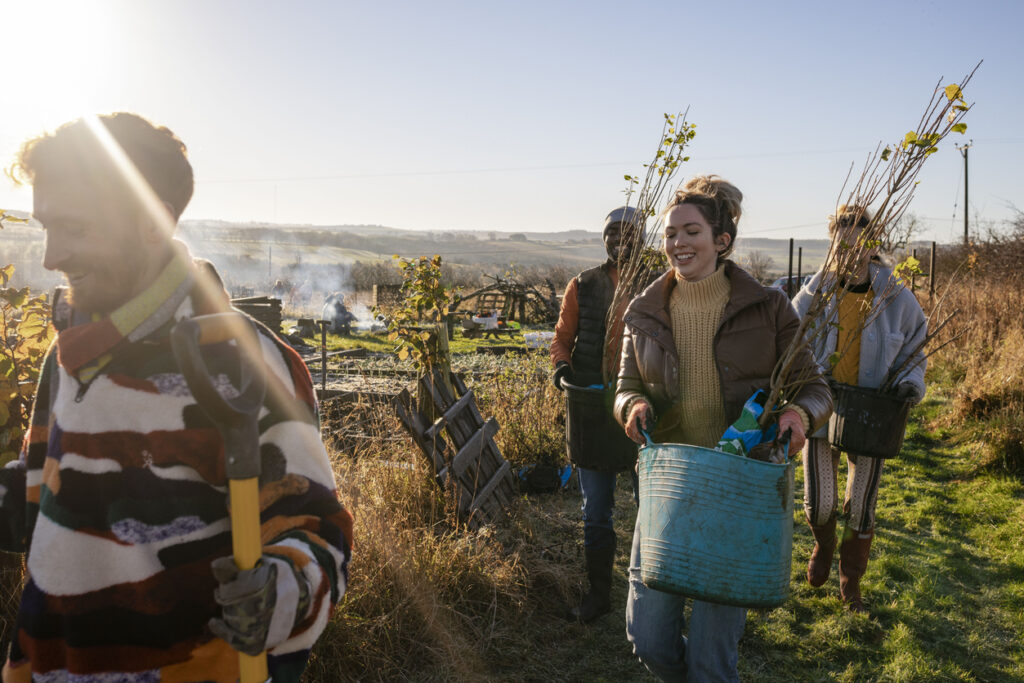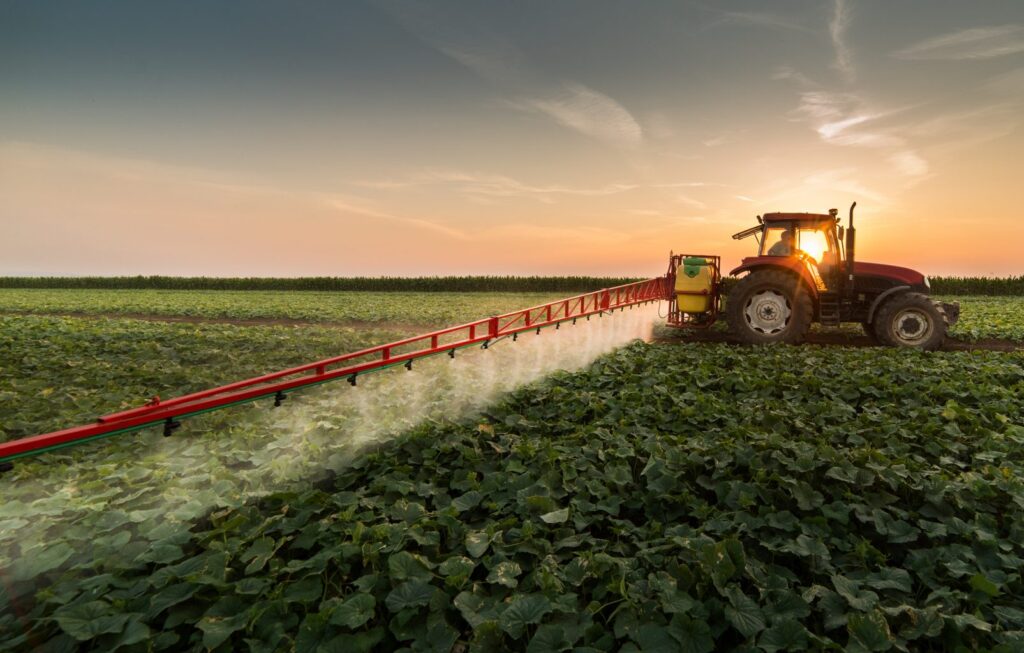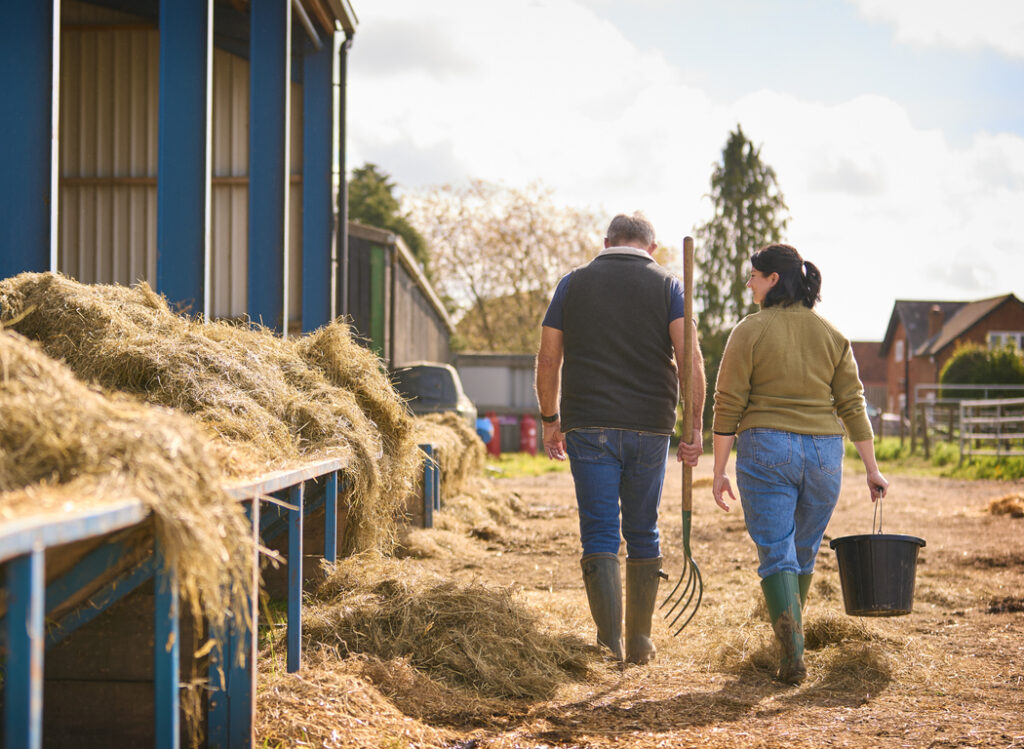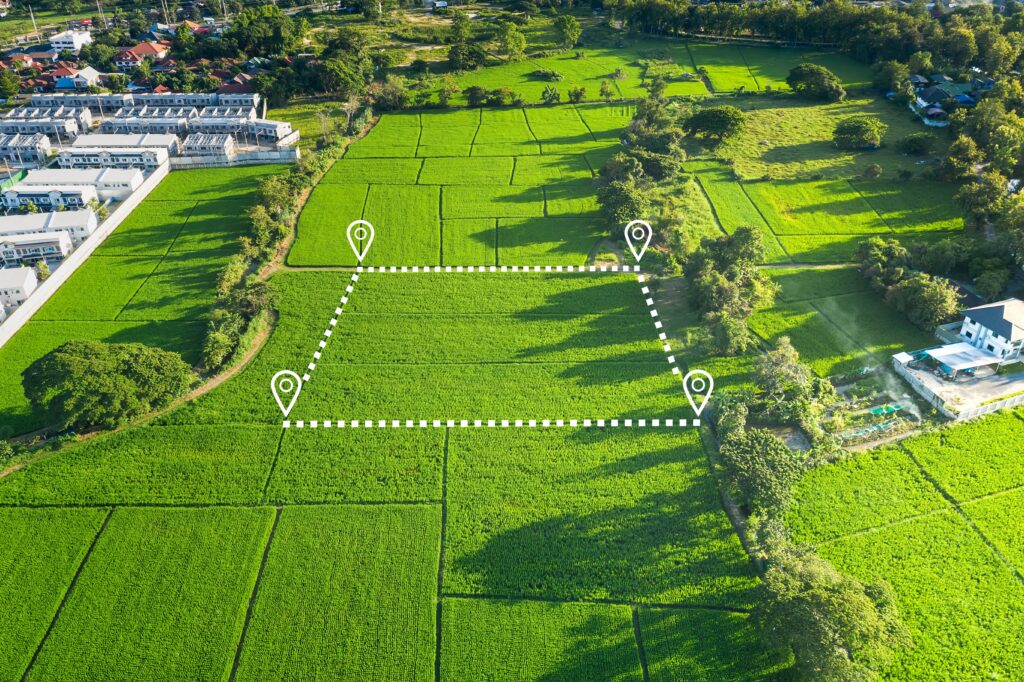UK farmers play a crucial role in Britain’s economy and food supply, facing a unique set of challenges and opportunities.
Following the changes announced in the Autumn 2024 Budget, we outline the key outcomes and their potential impact on farmers across the UK.
Farming budget overview
The government has maintained the farming budget at £2.4 billion for the financial year 2025/26, plus £200 million carried over from the previous two-year underspend. This stability is essential for farmers as they navigate the complexities of modern agriculture, especially in a time of increasing costs and market volatility.
Changes to inheritance tax
A significant announcement in this Budget relates to the limiting of Agricultural Property Relief (APR) and Business Property Relief (BPR).
The traditional 100% APR and BPR will be capped from April 2026 at just the first £1 million of farm and business assets. Assets valued above this threshold will qualify for only 50% relief, posing a potential financial burden for farmers inheriting larger estates. The new effective IHT rate of 20% on substantial agricultural assets could also force many farmers to sell parts of their land or assets to pay taxes, jeopardising the sustainability of family farms.
The limit will also apply to farming and business assets transferred into a lifetime trust.
Impact of increased national insurance contributions
Chancellor Reeves further announced an increase in employers’ national insurance contributions to 15%. Additionally, the threshold at which businesses begin to pay this will be lowered, which will particularly impact labour-intensive farms, such as those run by growers.
Farming support schemes
The government will be phasing out old farming support schemes, with the fastest subsidy reductions applying to the top 4% of recipients of delinked payments. Farmers who received more than £100,000 in payments in 2020 will see their subsidies reduced, with payments capped at just £8,000 by 2025. This government approach is aimed at enabling more farmers to access funding for sustainability and environmental initiatives.
Effects on large scale farms
Financial pressure: This rapid reduction in support will disproportionately impact larger farms, which may rely heavily on these payments for their operations.
Shift in practices: Farmers may need to rethink their business models and adopt more efficient practices to adapt to this new financial landscape.
Farm recovery fund
Alongside these changes, an increase in the farm recovery fund offers some relief, with an expansion by £10m to £60m, the fund provides essential financial support to farms affected by severe rainfall earlier this year. However, there is scepticism regarding the speed at which pay outs will be made.
Updates for the Department for Environment Food and Rural Affairs
While the Labour government have maintained the agreements previously in place between DEFRA and the Conservatives, increasing the budget over the next two years – day to day spending has decreased to 1.9% per year. This suggests a commitment to long-term projects and potentially larger, strategic investments, but with tighter control on regular operational or administrative expenses.
Summary
The Autumn 2024 Budget presents challenges that will likely affect most farms. However, changes to the inheritance tax legislation may help to focus the minds of farming families to ensure that timely succession planning is carried out where perhaps previously it has been avoided. As with any major policy shift, these adjustments will take time to fully materialise, allowing farmers to prepare and adapt to evolving requirements. For additional assistance, please reach out to a member of our agriculture team to discuss how we can support your business.









